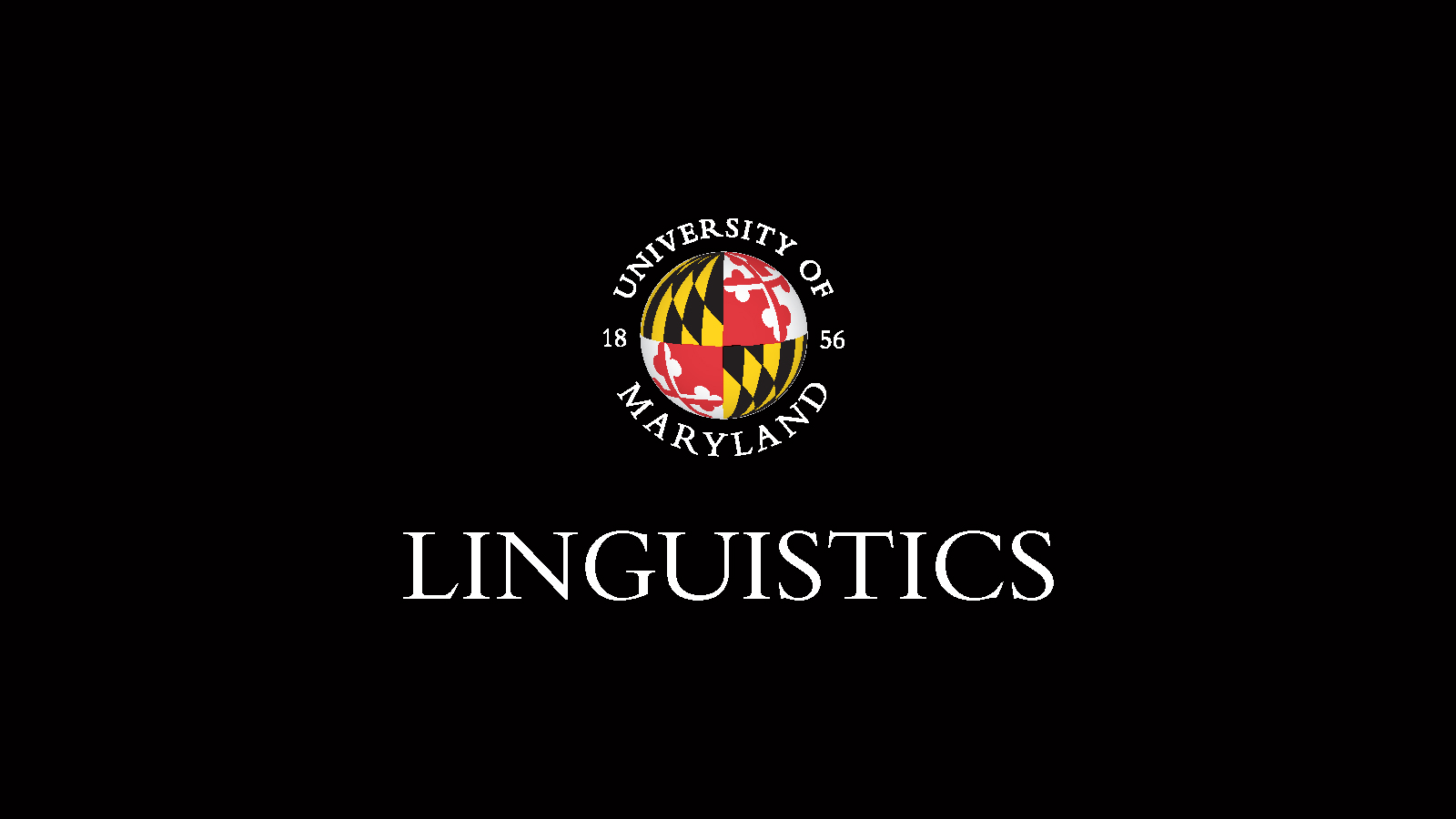Daniel Goodhue • [S-Lab] (Exceptionally on Thursday) Practice talk (Sinn und Bedeutung): High negation questions and epistemic bias

Daniel Goodhue • [S-Lab] (Exceptionally on Thursday) Practice talk (Sinn und Bedeutung): High negation questions and epistemic bias
Linguistics
Thursday, August 30, 2018
3:30 pm - 4:30 pm
Marie Mount Hall, 1108B

